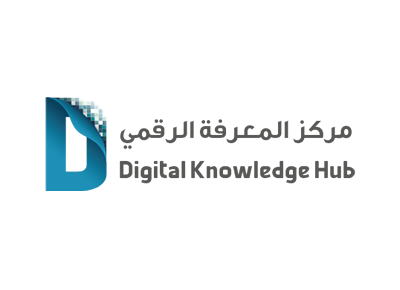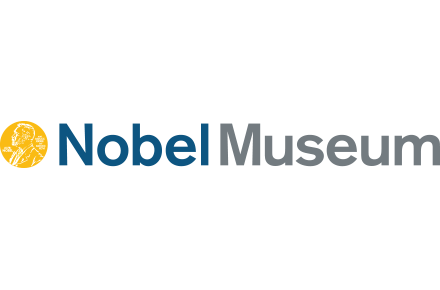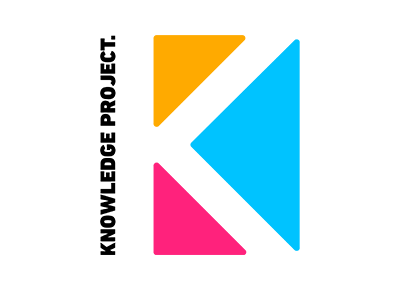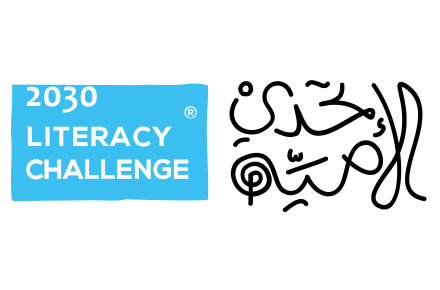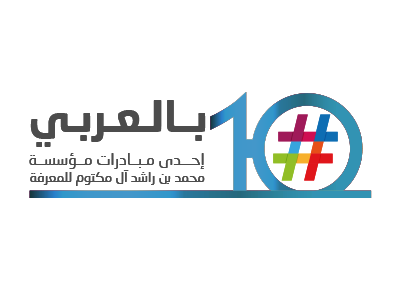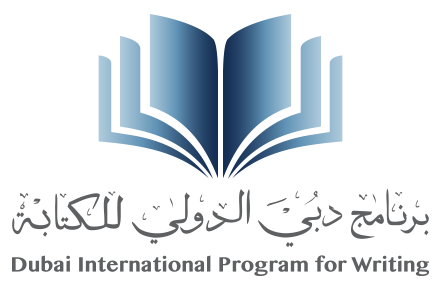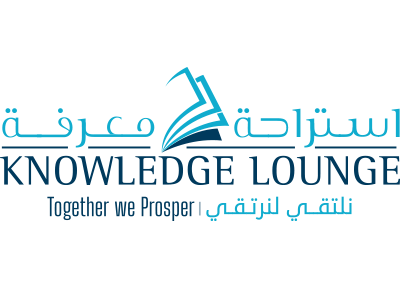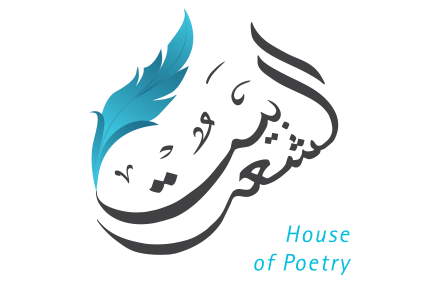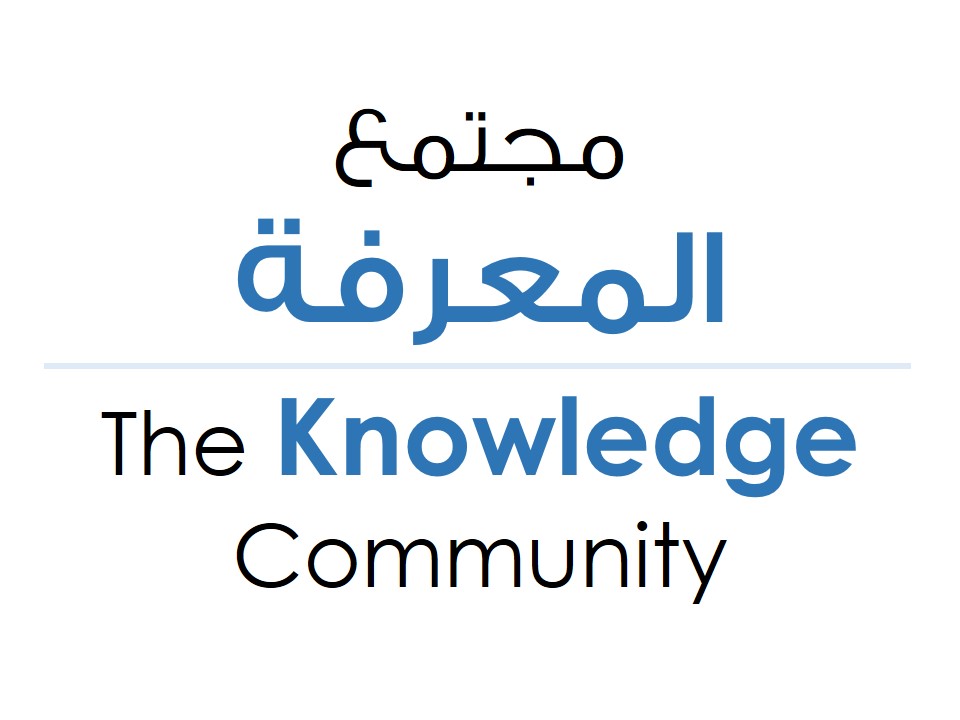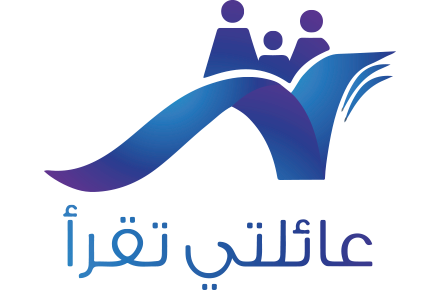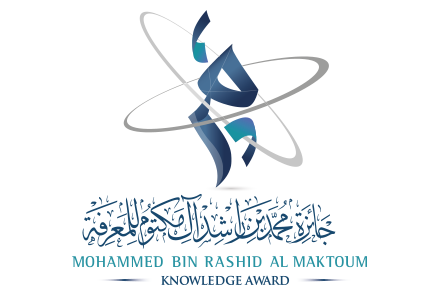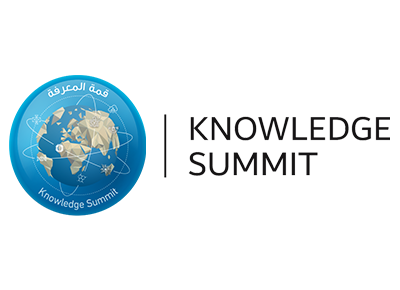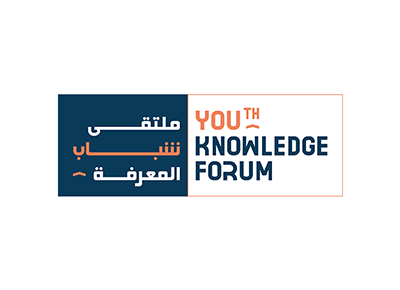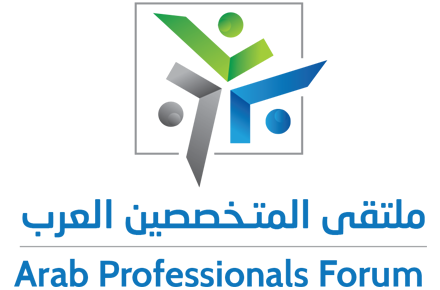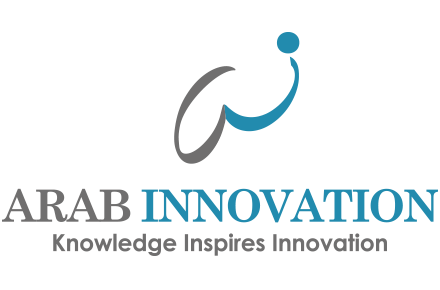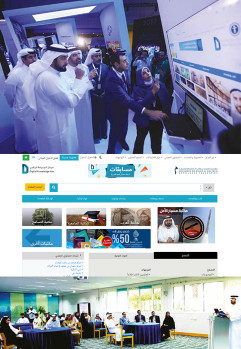Digital Knowledge Hub: An Integrated Electronic Platform to Manage Digital Content
Within the framework of the global role of the Mohammed bin Rashid Al Maktoum Knowledge Foundation (MBRF) to serve knowledge pioneers in all fields, the Foundation has been working on developing an integrated knowledge platform, so that it will be a repository for digital content that serves the needs of interested people from the general public, researchers and scholars in all areas of knowledge of all its different aspects and sectors.
The platform is characterized by the richness of knowledge content and the formal and linguistic diversity, commensurate with the requirements and needs of the beneficiaries in the 21st century, through building an integrated system and a comprehensive structure for displaying and processing digital and knowledge content in a way that enables Arab institutions to localize these systems and enhance their position in the digital environment.
The Digital Knowledge Hub aims to develop a pioneering knowledge platform that collects digital and knowledge information content in a comprehensive and integrated framework, contributes to bridging the Arab digital and knowledge gap, and enhances the position of Arabic content on the internet. The Hub represents a comprehensive and integrated knowledge platform for digital solutions, applications and content provided and co-produced by MBRF, and includes books, magazines, videos, presentations, photos, and all digital, training and educational materials plus children’s stories.
T he Hub provides access to distinct knowledge resources that serve specialists in various sectors of science and knowledge, by providing high-quality digital content in terms of form and content. The platform also applies the highest international standards, so that it will be a contribution from Dubai in supplying Arab knowledge with a project that allows science in all its forms and varieties to serve the Arab World.
The Digital Knowledge Hub is an effective solution for building and developing digital information and knowledge centers in the Arab World. It is also an effective tool that can be applied and used in preserving the digital memory of Arab institutions, thus contributing to bridging the gap in solutions and applications that serve Arab digital content. The content is entered into a comprehensive data and content repository (more than 3.5 million different digital items) and configured for multiple dissemination in search engines, websites and social media platforms.
The Hub consists of the following work systems:
Dubai Digital Solutions, produced by the Mohammed bin Rashid Al Maktoum Knowledge Foundation, relies on international standards in building digital repositories and managing knowledge and digital content.
1. The knowledge content of the initiatives by the MBRF.
2. Solutions and management of digital transformation in the Foundation.
3. A platform for training and qualification in all sectors of knowledge.
4. Subscriptions to Arabic digital content databases (especially books).
5. Arabic audio content.
6. Specialized digital libraries (more than 10 quality libraries).
7. A unified application for the Foundation that brings together all projects and initiatives issued by the Foundation, in addition to making it a digital repository that includes all knowledge solutions and content for easy access and search for any part of it as fast as possible.
8. A special corner for the knowledge content produced by the Foundation, available through the Hub in digital form, by converting all versions of knowledge issued by the Foundation into a digital form that allows all its information through smart devices and computers, and ensures easy access to information from any of them, including books and other publications by the Foundation in various types of knowledge, summaries of international translated books, A Book in Minutes, Wamadat, Flashes and Bait Al Qaseed magazines. This is in addition to articles, knowledge reports, the Arab Library and the knowledge publications issued by partners of the MBRF.
Facts about Digital knowledge Hub:
1. An integrated solution for information and knowledge centers, libraries, repositories, digital memory, and digital content management systems.
2. More than 3.5 million various digital items.
3. 1,795,668 visitors.
Advantages and Components
1. Providing an integrated and continuous work environment to allow access to digital information sources.
2. Building solutions that enable organizations to develop their repositories and memory according to their operating mechanisms, so that solutions can be applied flexibly in their framework of work, functions and application methods.
3. Building a critical mass of high-quality digital materials from Arab and foreign groups to serve the purposes of accessing digital information sources in all formats and languages.
4. Providing solutions for knowledge content to support building institutions and knowledge society while promoting the multidisciplinary use and reuse of digital information sources.
5. Providing mechanisms for digital storage, processing and preservation for all types of digital resources.
6. Applying official standards and protocols in building digital information and knowledge centers to enable dealing with all Application Programming Interfaces (API).
7. Providing advice and consulting services for projects such as copyright, and developing digital resources, digitization and scanning, building warehouses and libraries, digital memory and developing information services, managing digital knowledge ... etc.
8. A complete content and statistics management tool that enables organizations to obtain accurate statistics on the content and the mechanisms used by researchers.
Components of Digital Knowledge Hub
The following figure shows the hierarchy of the system in terms of the models and subsystems currently available:
System Administration and Security:
The system is managed through integrated control panels to administer, inspect and feed content to the interfaces. The system is secured from any breaches through the highest and best security systems provided by the cloud hosting services. In addition, all the authorities are managed through the system administrator, who grants and defines the authorities at each level of service provision.
Content Providing Services:
The system allows the publishers to add content to the subsystem and prepare it for processing. It also includes a self-publishing subsystem that allows researchers and authors to make self-archive for the contents. All these operations are carried out through an integrated system and within a security framework that governs the processes of adding content so that the content is revised before being published on the platform.
Indexing:
The indexing subsystem includes machine-readable indexing mechanisms with all its components that include processing recordings according to the latest indexing rules (description of and availability of sources, and Anglo-American indexing rules) in addition to processing using international classification methods and their Arabic amendments. The indexing subsystem also includes mechanisms for migrating, exporting and importing bibliographic records at the material and group level.
Content Management and Processing:
The system allows for building specialized collections and libraries according to the needs of an organization. For example, a specialized library for pictures, another for maps, and a third for children’s stories among others can be compiled.
Accessibility and Authorities
The system provides all the pillars of accessibility (national, institutional, and office accessibility through defining Internet protocols), it also provides access to passwords, coupons, and identification numbers for individuals and groups.
Search and Browsing
The system includes various search and browsing capabilities including simple and advanced search, partial and complete similarities. The system also takes into account the specificity of the Arabic language and Arabic letter processors when searching, as well as the treatments for concepts and synonyms. The system allows filtering of materials according to more than 10 rules for the specified period, including authors, titles, topics, dates, publishing houses, etc.
Services of Beneficiaries:
The system provides a variety of beneficiaries’ services through a page for each beneficiary, through which they can track their activity on the system and identify the nature of their needs, as well as use them in communicating with groups and classes that are formed in specific topics or processes. The system also provides the user with all services related to interacting with digital materials, which include browsing, e-reading, downloading, filtering, building their personal library among others.
Payment and Purchase
The system includes a platform for payment and purchase of materials that the Foundation wishes to make available at a cost. The platform includes two payment methods, namely coupons and PayPal. Payment can be made through credit cards upon the availability of a contract with a bank that provides these types of services.
Reports and Analysis
The platform provides a variety of statistics for all activities that take place on the system related to registered beneficiaries and the materials that are used, including download records, visits, searches, and otherwise, as well as all types of Google analytics in addition to data studio, inspectlet, and others.
Technical Support and Maintenance
Qindeel Educational provides technical support and periodic maintenance for the system and uploads all updates that are made to the system through its engineers and periodic maintenance work teams.
Training
Qindeel Educational trains the work teams of the Foundation on all the work mechanisms that need to be applied to the system and whatsoever related to the professional performance of building the digital library. This Training includes:
• Library staff
• Admin staff
• Users
An open platform for digital content and an
integrated information system that helps
organizations build their digital memory
repositories
Specifications of Digital Knowledge Hub
1. Log in by individual and corporate identity.
2. Search, browse, view and download.
3. Accurate statistics on usage rates and interaction with the Digital Knowledge Hub.
4. Reading sync of any book downloaded from the system.
5. The ability to add materials for the subscribed entity and build a comprehensive digital repository.
Characteristics of the Digital Knowledge Hub
The Digital Knowledge Hub is characterized by a standardized interface that adheres to the standards of building knowledge interfaces from two aspects: User Identity and User Experience, and through the practical experience of implementing knowledge solutions, this was done professionally, to ensure ease of use, speed of performance and accuracy of results, as the user can browse the Hub’s content at the required speed without getting bored waiting for results.
Hereunder the Hub’s features in detail:
1. The ability to register at the website.
2. The ability to log in.
3. The ability to log out.
4. Display statistics for each user’s account, including (Digital Knowledge Hub, requests, posts, followings, likes, reviews).
5. Display the list of the user’s library added according to (content name, content type, date of purchase, with the ability to access the content directly).
6. Display the list of orders according to (order number, order total, order date).
7. Display the addition request details.
8. Display a list of user’s followings according to (content name, content type, date of addition, with the ability to access any following through the content name link).
9. Display the user’s posts by (content name, show post, share date, with the ability to access the post through the content name link).
10. The ability to change the user’s password.
11. The ability to update the user’s account information.
12. Adding content cart.
13. The ability to search the entire content.
14. The ability to search by content title.
15. The ability to search by author.
16. The ability to search by subject.
17. Advanced search capabilities (including Boolean search and restrict it to specific years or fields).
18. Observe the uniqueness of the Arabic language while searching.
19. Narrow the scope of the search according to the main topics.
20. Fix the scope of the search according to the publisher.
21. Narrow the scope of the search according to the author.
22. Narrow the scope of the search according to the type of document.
23. Display the search results.
24. Display the number of search results in a document.
25. Highlight the searched words inside the content.
26. Display content according to the subject (Dewey Decimal)
27. Display content by the title
28. Display content by the publisher
29. Display content by the author.
30. Display content by the nature of the content (books, abstracts, magazines, newspapers, videos, articles, reports, conferences, manuscripts, children).
31. Content display order (ascending, descending)
32. Display the content details by MARC21
33. The ability to share content through social platforms.
34. Ability to print content record details.
35. Ability to evaluate content.
36. Ability to add shares and reviews about the content.
37. Display content shares and reviews for users
38. Display books related to the content
39. Ability to like content.
40. Ability to browse content according to its nature (audio, video, PDF, ePub)
41. Link search results in the content index to internal pages of the content.
42. Link search results within the content to the internal pages of the content.
43. Re-filter the search results by (document type, authors, publishers, topics) and show the number of filter results.
44. Show content history details.
45. Add notes to content.
46. The ability to search for notes.
47. Display search results in notes.
48. Review notes according to internationally accepted citation styles.
49. The ability to go to a specific page by writing the page number within the content.
50. The ability to go to the first page-last page of the content.
51. The ability to control the content display size (zoom in / out).
52. Dictionaries Encyclopedia (the ability to search for the word root and word derivatives through the most important Arabic dictionaries and linguistic references).
Conclusion:
The Digital Knowledge Hub is developed to be an open platform for a repository for digital content, and an integrated information system that can be configured by enterprises to build their digital memory repositories. The Hub is a container for digital content and an integrated data repository that serves researchers in all sectors of knowledge and supports education and scientific research with its varied and documented content. It is also considered a paradigm shift in the field of developing digital information systems and building solutions that contribute to preserving, managing and making digital content available to Arab institutions in all its forms, types and languages.




